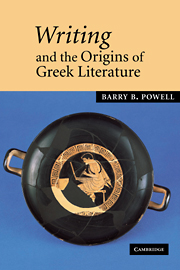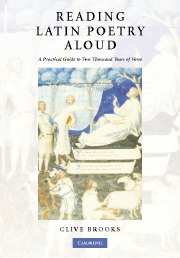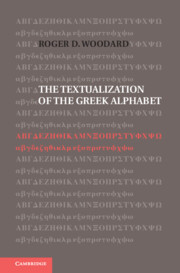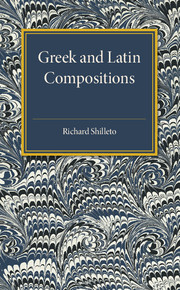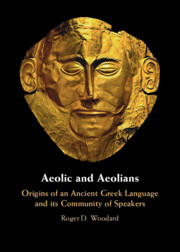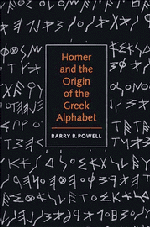Writing and the Origins of Greek Literature
The purpose of this book is to dispel misunderstanding about the genesis of the Homeric poems and other knotty problems in oral studies, such as the meaning of "orality," "literacy," "tradition," "memorization," and "text." The study is about the nature and history of writing--how it was used in the Ancient Near East, and especially in Greece, and its relationship to Homer. It suggests that a Semite invented the Greek alphabet, heir to an ancient bilingual Eastern tradition of recording poetry by dictation.
- Offers an interesting thesis about this important and fascinating topic
- Pays full attention to the ancient Near Eastern context in which the Greek alphabet developed
- Written in a lucid style, and well illustrated
Reviews & endorsements
"...[an] important and wide-ranging book." The Classical Outlook
Product details
April 2007Paperback
9780521036313
228 pages
234 × 154 × 12 mm
0.324kg
56 b/w illus. 1 map
Available
Table of Contents
- List of figures
- Preface
- Acknowledgements
- 1. Introduction: building models like a wigwam
- 2. Text
- 3. Orality and genre
- 4. Myth
- 5. Literacy
- 6. Tradition
- 7. Memorization
- 8. M. L. West and the Eastern origins of Greek tradition
- 9. Cultural transmission by literate means in the Near East
- 10. Writing: general
- 11. Writing: semasiography and logosyllabography
- 12. Writing: the Chinese enigma
- 13. Oral and written in the land between the rivers
- 14. Oral and written in the Valley of the Nile
- 15. The West Semitic revolution
- 16. The invention of the Greek alphabet and the end of multiliteralism
- 17. Where does Homer fit in the alphabetic revolution?
- 18. The aoidos in context
- 19. Aoidic innovation in myth: stories from pots
- 20. Summary and conclusions: early Greek literature in context
- Bibliography
- Index.

